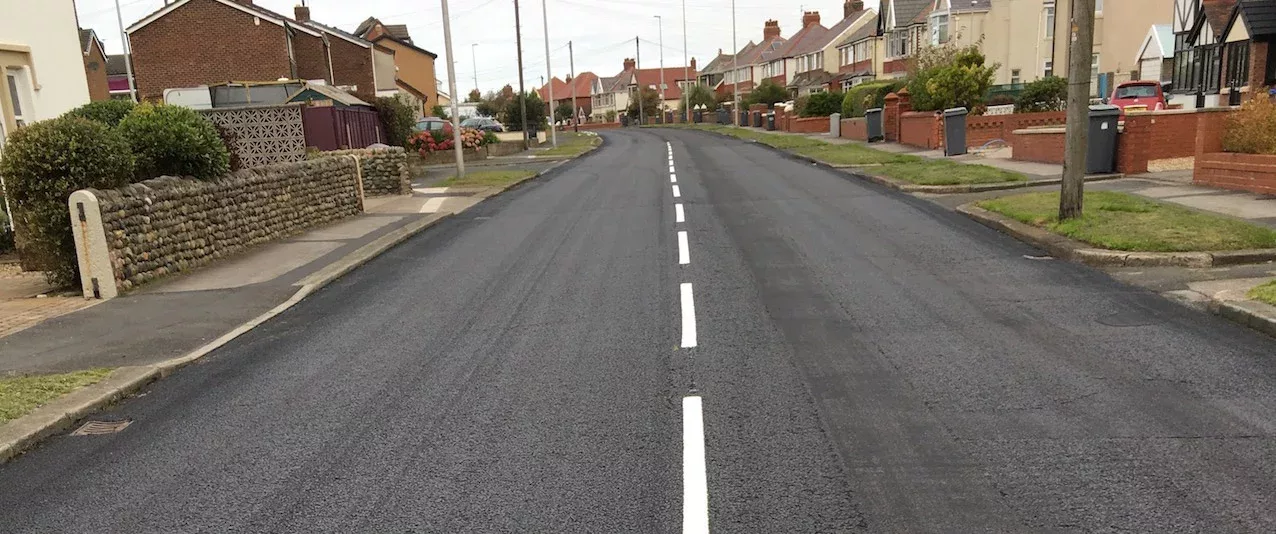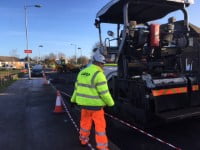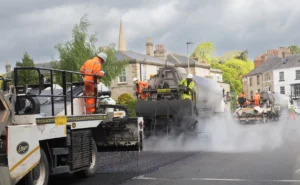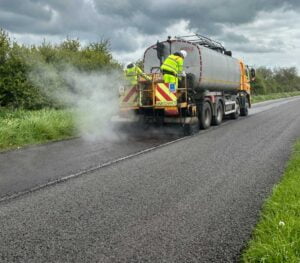The Government’s funding for potholes could be reduced significantly over time if more preventative surface treatments were used as part of effective asset management strategies, according to Paul Boss, Chief Executive of the Road Surface Treatments Association (RSTA).
He said that while the funding for potholes was still ‘necessary and very welcome’, this could be reduced over time if a strategy were to be put in place to help local authorities and other road operators develop and invest in more preventative treatments that would work effectively alongside traditional methods of pothole and other maintenance repairs used to bring the network up to a reasonable state. Many of these methods could also help local authorities significantly reduce the carbon associated with highways maintenance works as well provide a cost-effective way of helping them achieve higher levels of funding through the Self-Assessment process.
Councils across England have been allocated their share of £500 million additional funding for highways maintenance, with the funding expected to fix the equivalent of 10 million potholes across the country. It is the second of five equal instalments from the £2.5 billion Potholes Fund, providing £500 million a year between 2020/21 and 2024/25, announced by the Chancellor in the 2020 Budget – and is part of wider funding the DfT provides for road maintenance, totalling over £1.1 billion across England in 2021/22.
The DfT has already invested heavily in pothole filling since 2015, including the £296 million Pothole Action Fund, which ran from 2015/16 to 2020/21. It also topped up highway maintenance investment in 2018 with a one-off £420 million boost to all highway authorities in England, including London.
Mr Boss said: “We have to continue to think differently about the way in which we can treat our networks. Roads and infrastructure will continue to play a crucial role in the ‘building back better’ agenda moving forward. Sadly, there will never be enough funding to solve all the problems we have, but a combination of approaches will help the money highway authorities do have to go further.
“The development of technology in the sector has meant we can now understand in more detail than ever the condition of our network. By supporting the use of surface treatments, we can use this understanding to solve the challenges we have earlier on in the lifecycle by protecting, preserving, and rejuvenating roads when they are in good condition as well as preparing them before major treatments such as surface dressing takes place, which means money can be diverted to those roads that are in urgent need of repair in a targeted way.
“The early intervention treatments are not only cost effective, they also offer significant carbon savings. RSTA members are dedicated to improving the condition of both our local and strategic networks – continuing to develop new technology to support the treatment process by making it more effective and efficient, as well as new ways of working – providing road operators with a service that is value for money and gives them different choices as to how they treat their networks and at what time.”





















